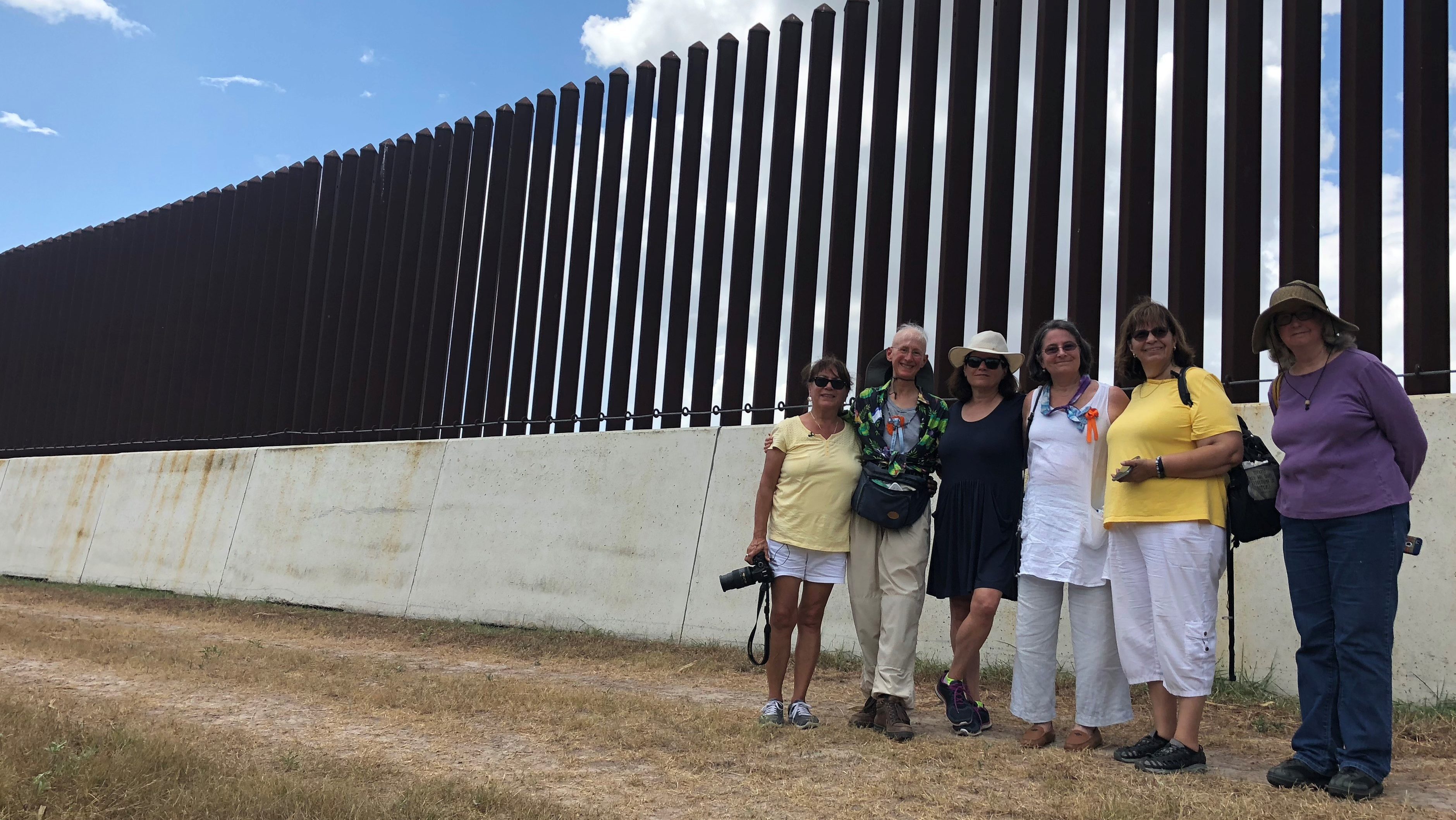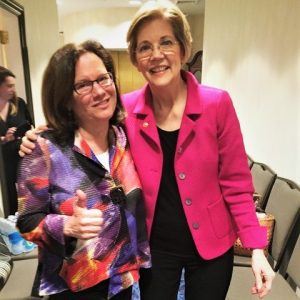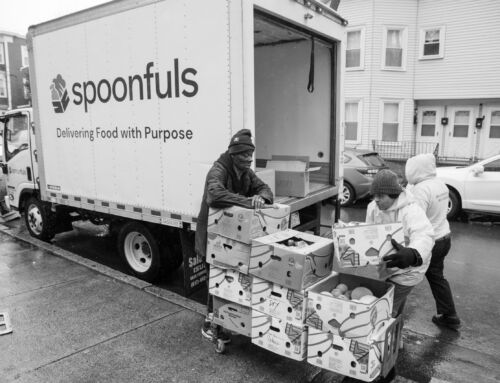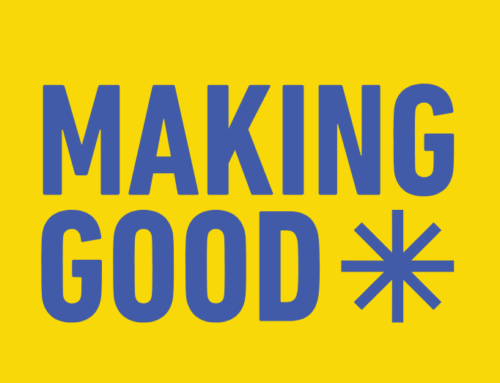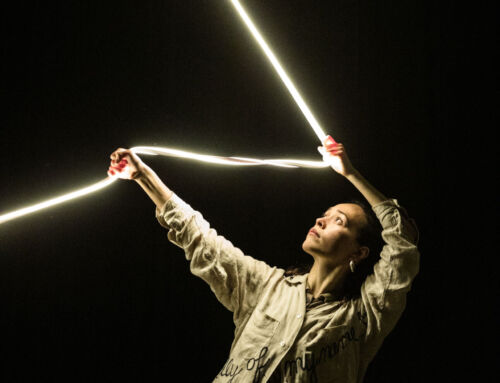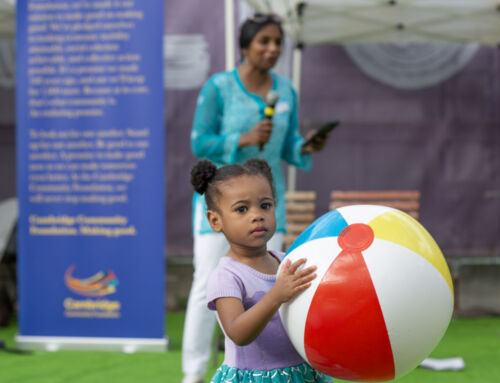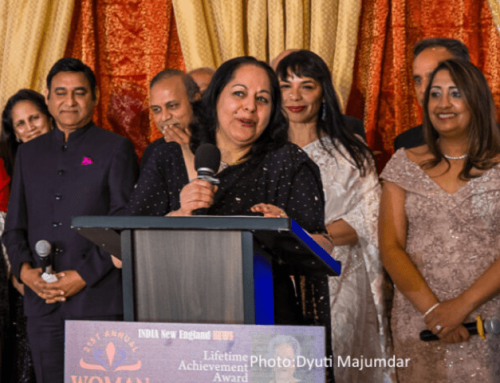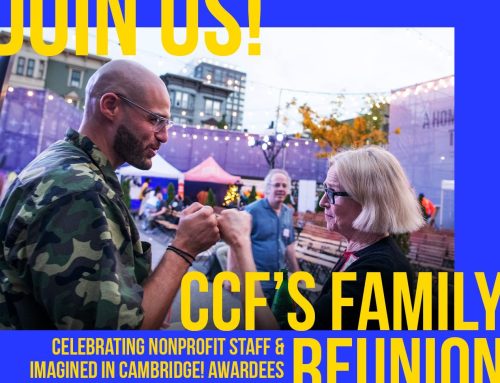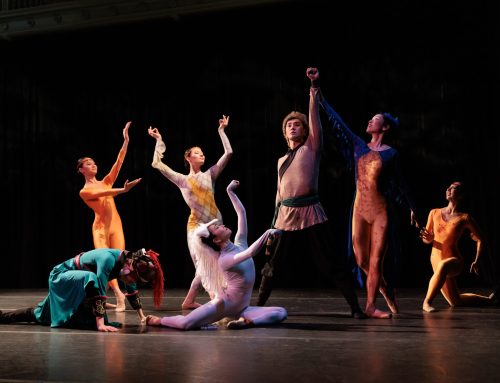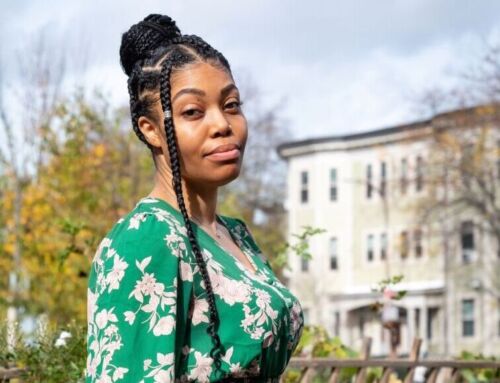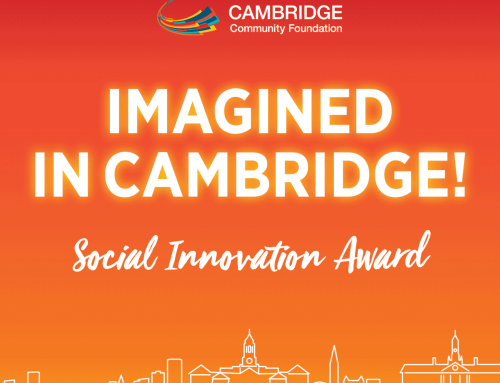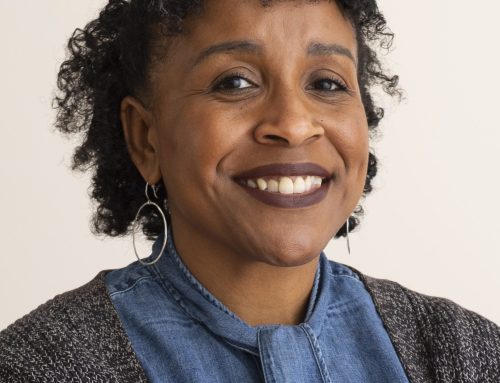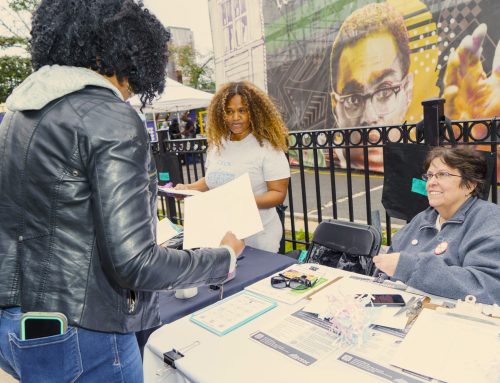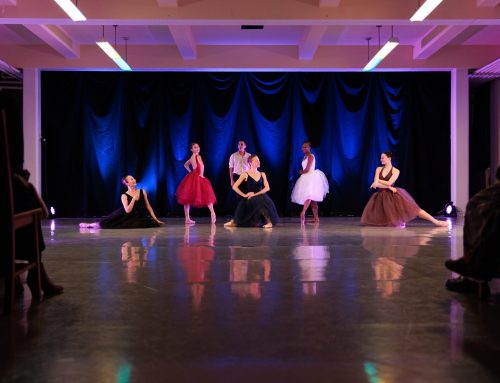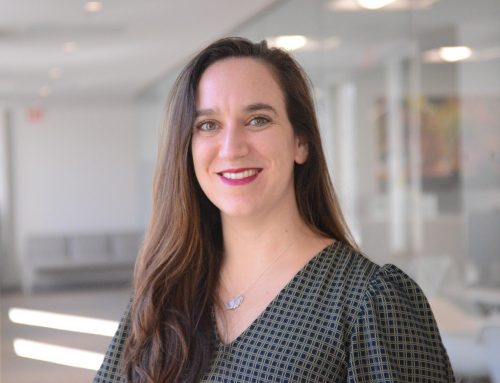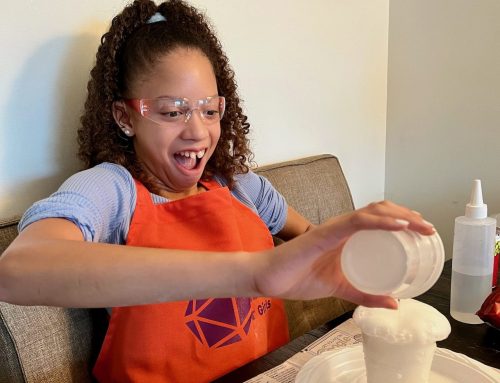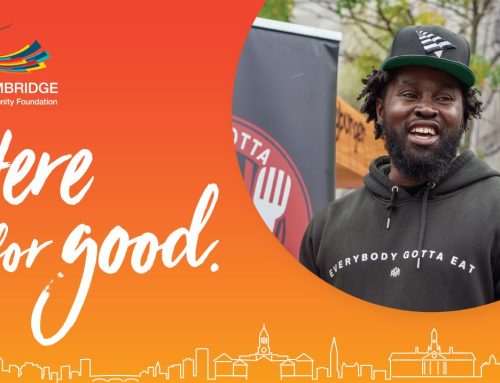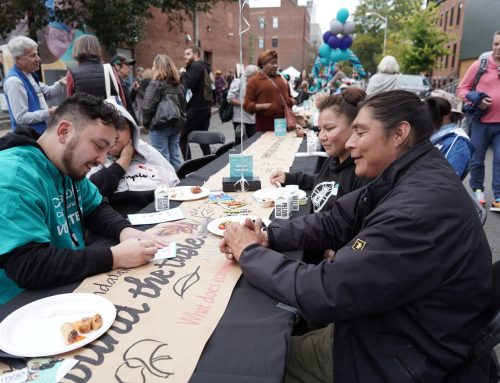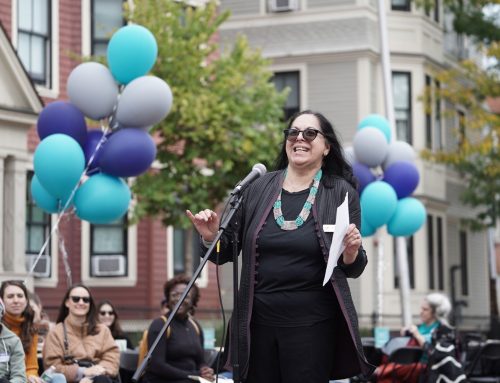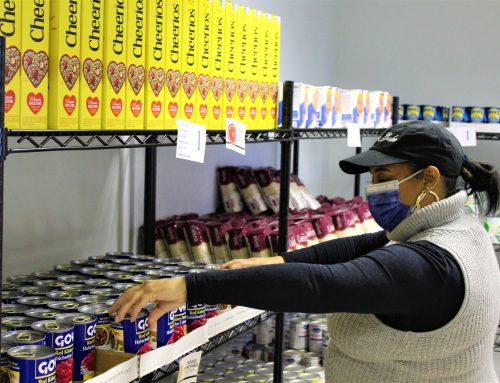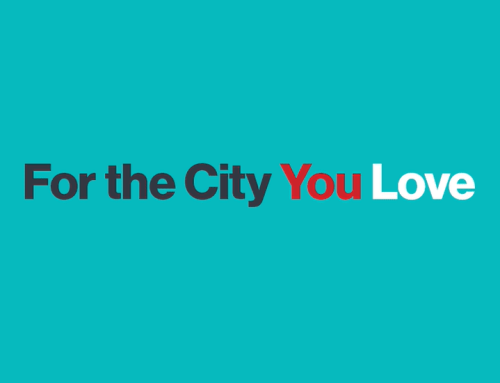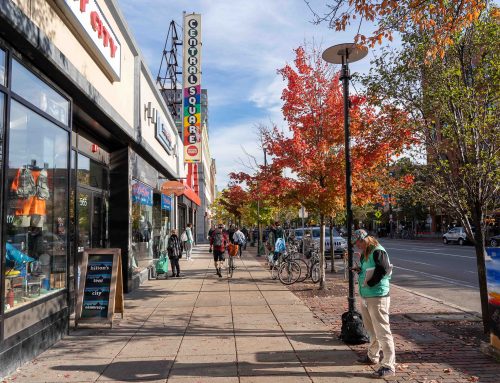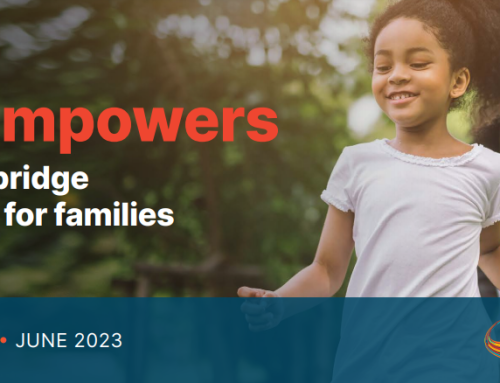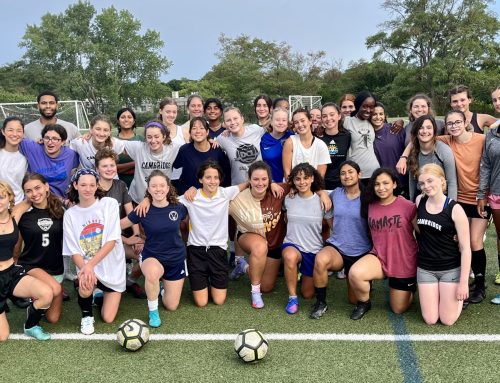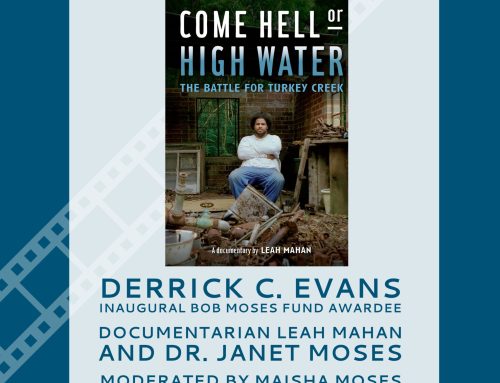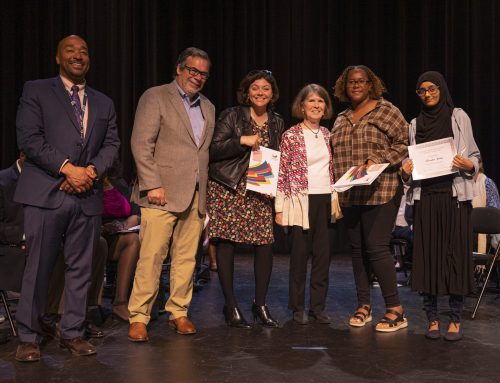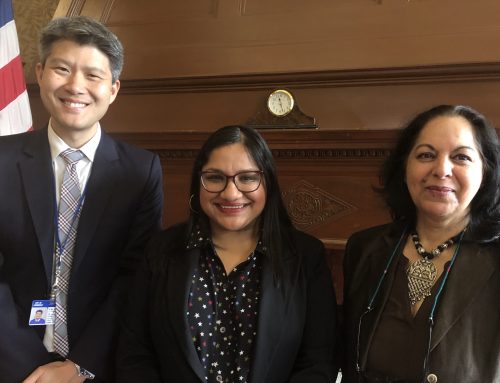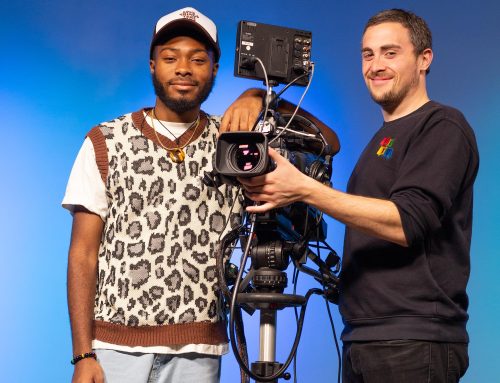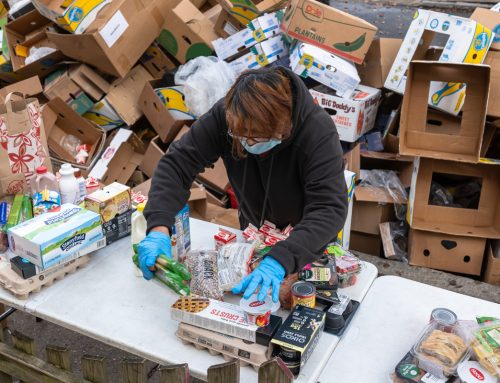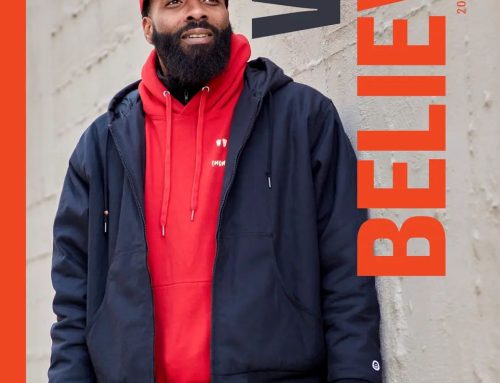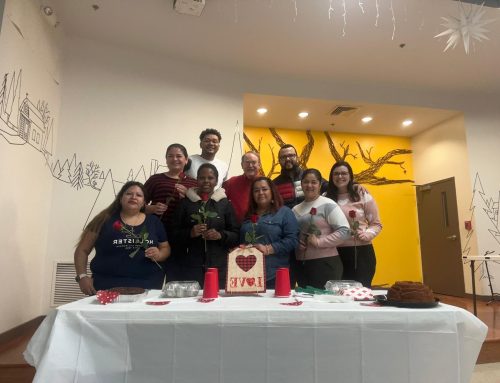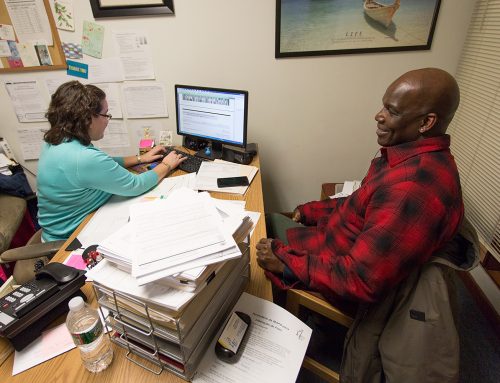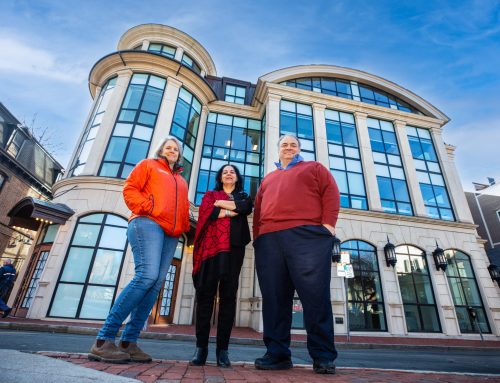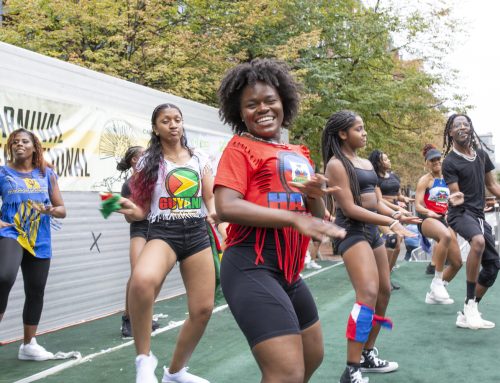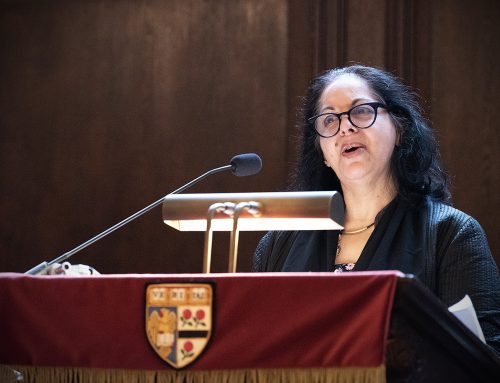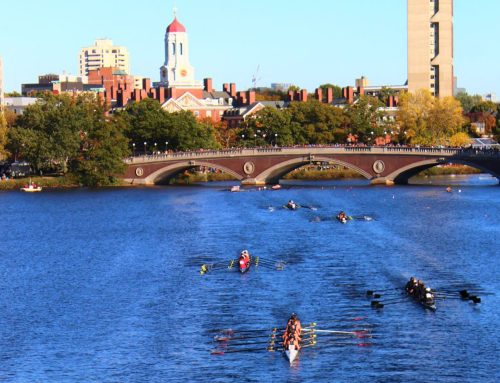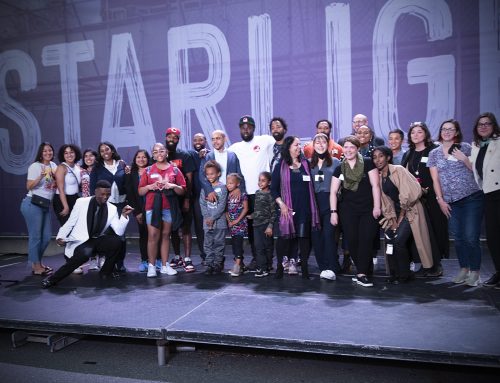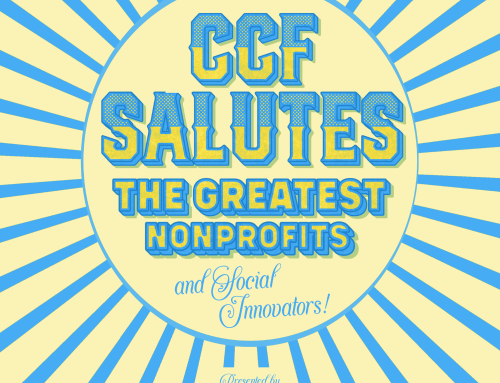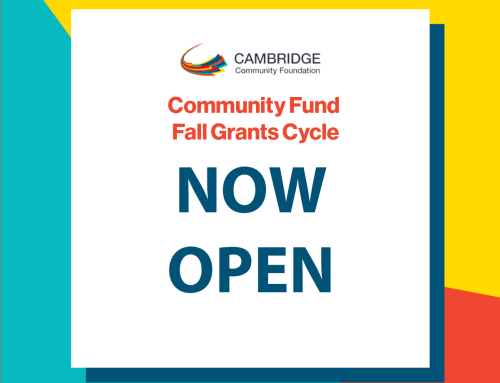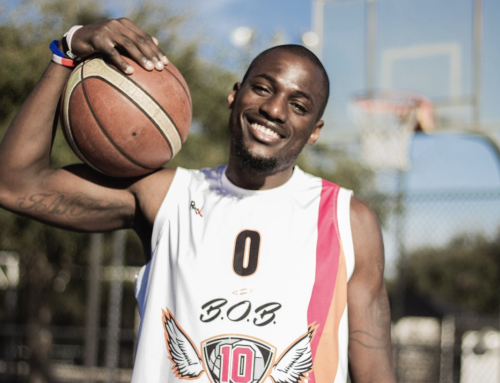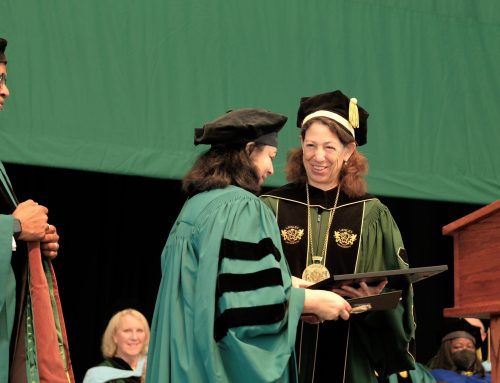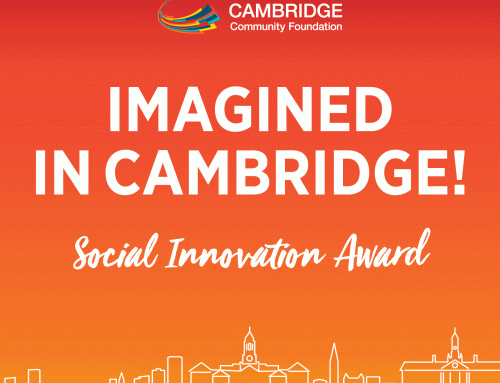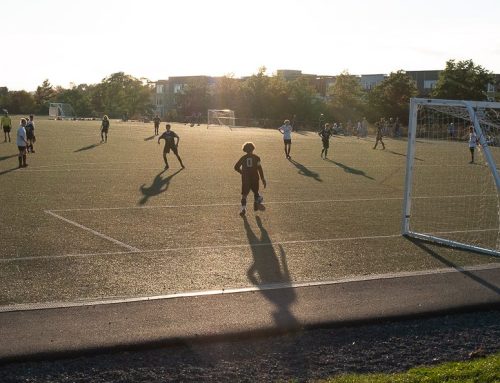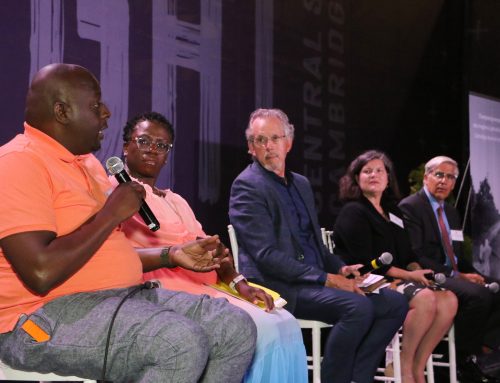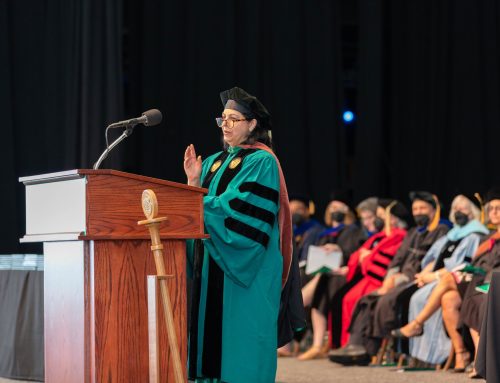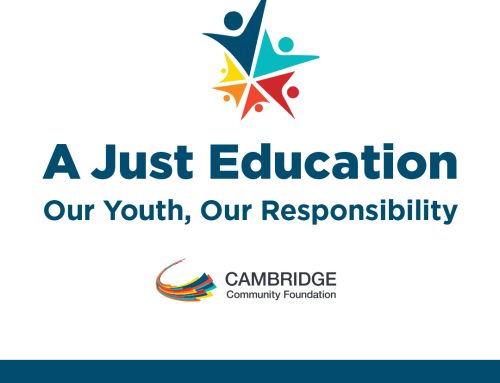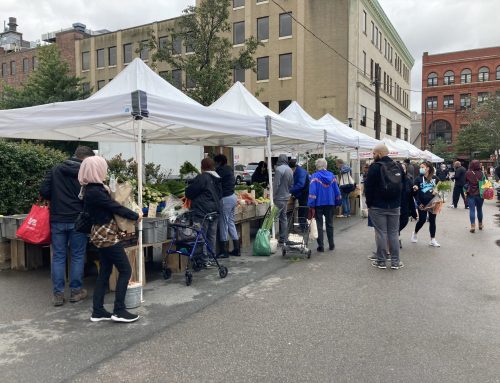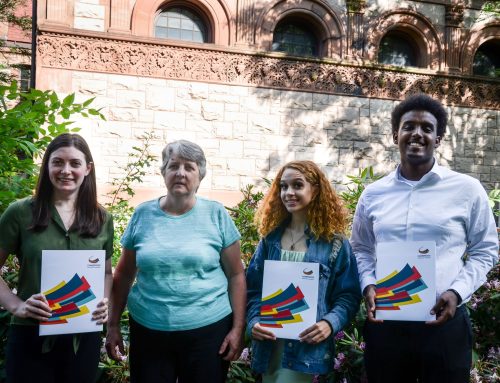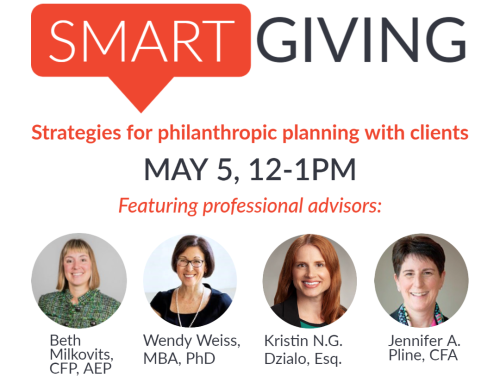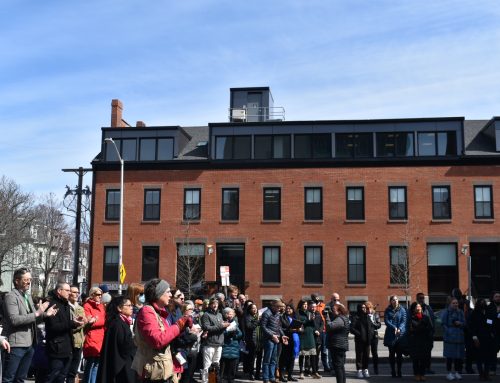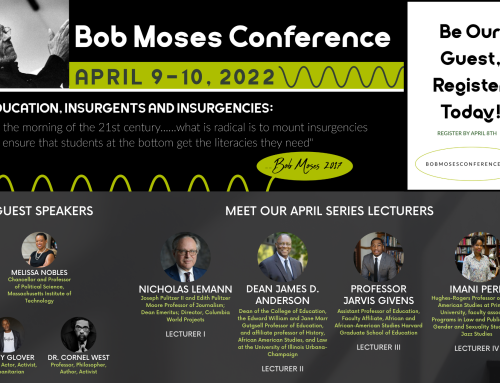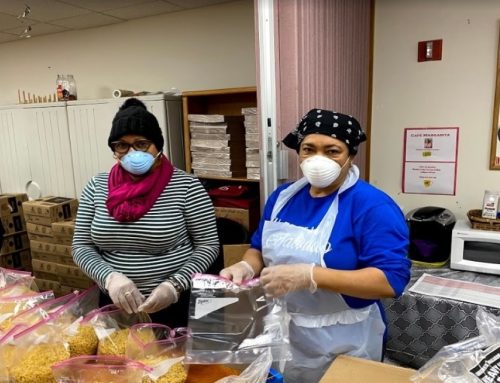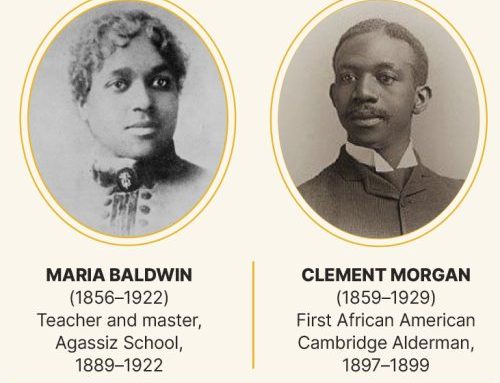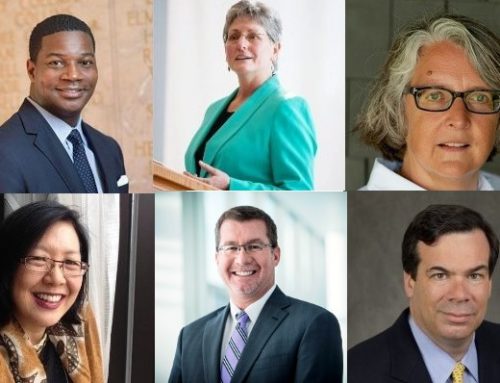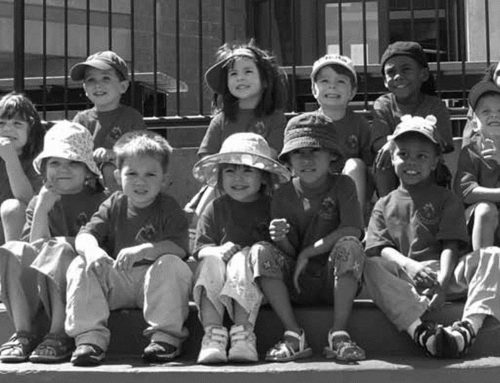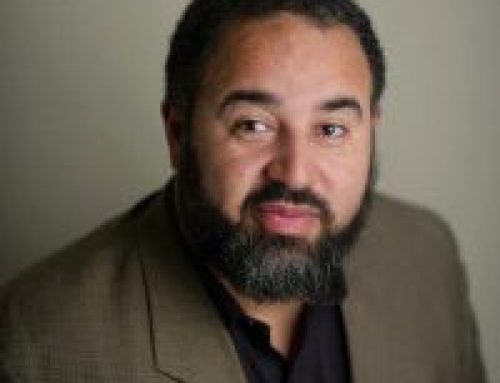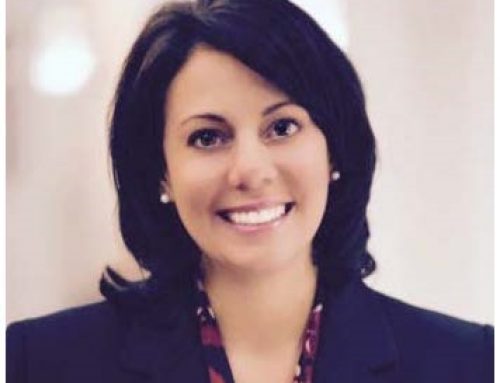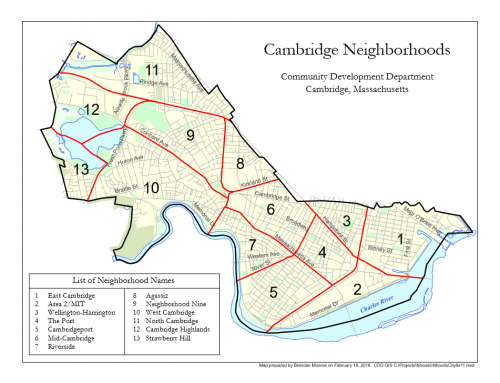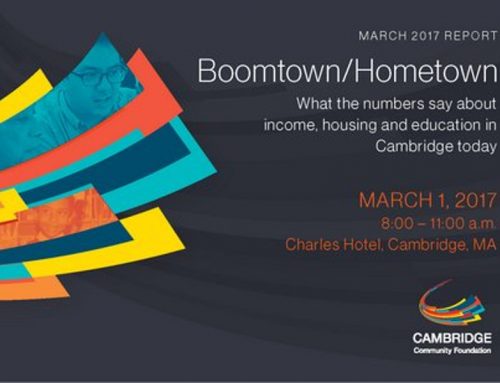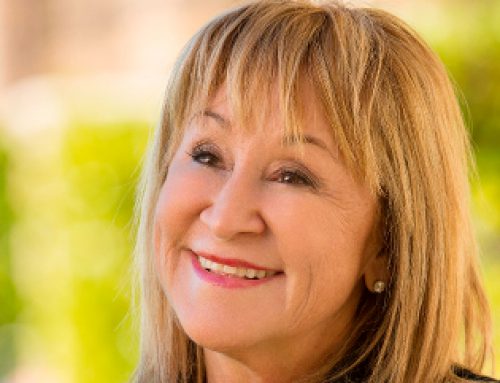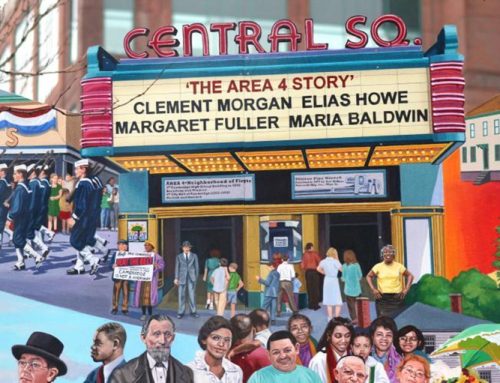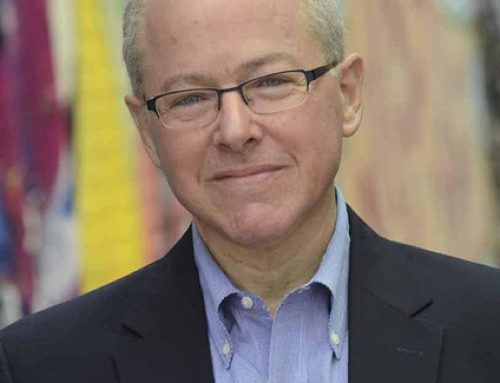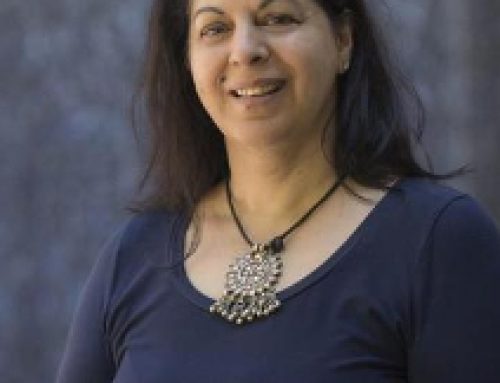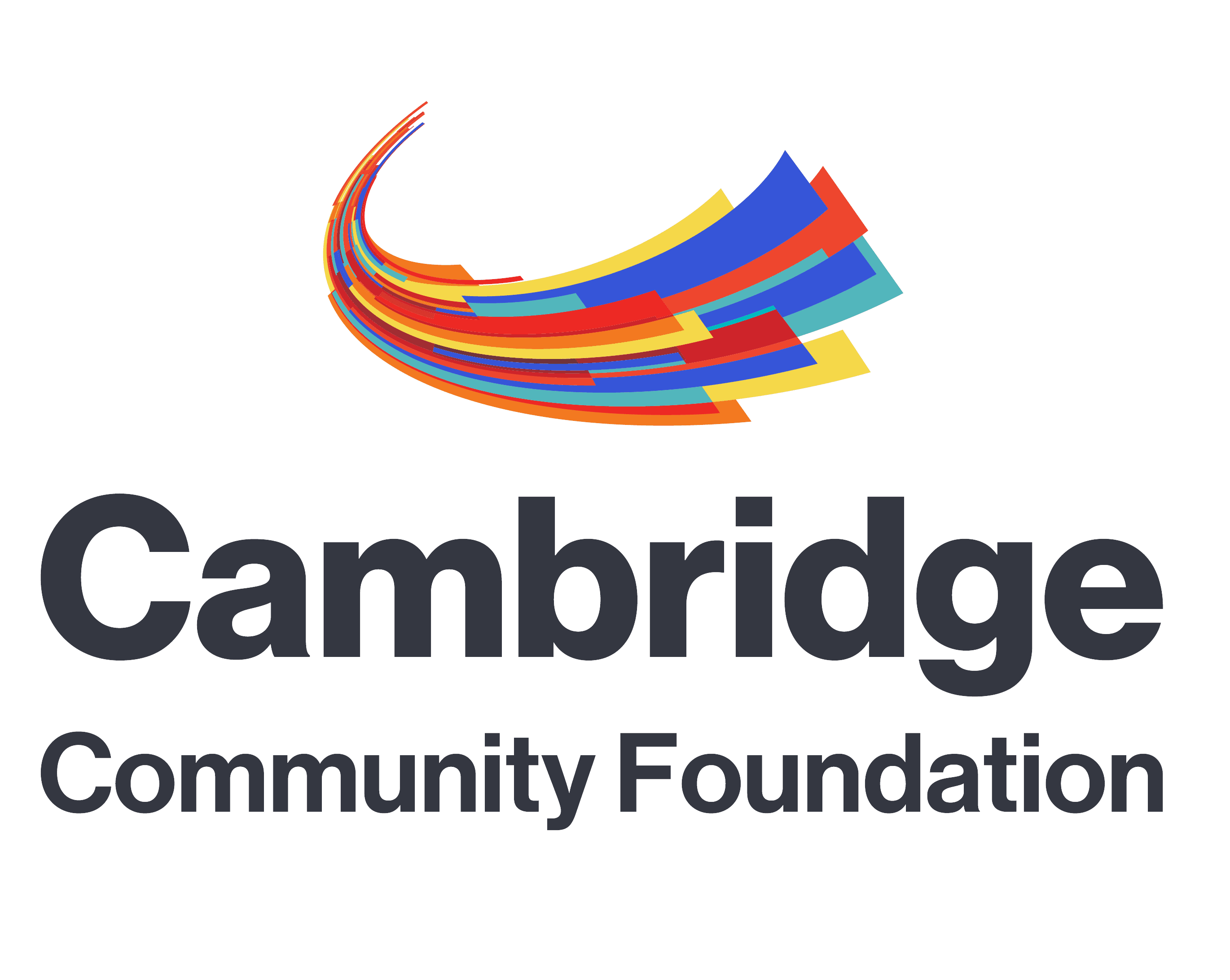Marla Felcher joins CCF Board of Directors
This summer Marla Felcher joined our Board of Directors, and shortly after she traveled to McAllen, Texas with Grannies Respond/Abuelas Respond to learn first-hand what’s happening at the border with hundreds of detained immigrants, many of whom are asylum-seeking families and children. That’s just who Marla is.
Marla comes to us with an impressive resume. She co-founded The Philanthropy Connection, a women’s grantmaking organization, and has worked as a marketing professor, investigative journalist, marketing consultant, and consumer advocate. She’s taught at Northwestern University, Harvard’s Kennedy School of Government, and UMass-Boston’s McCormack School of Policy Studies. In November, she’ll be teaching a course at the Cambridge Center for Adult Education on philanthropy. Throughout her busy career, she’s served on boards of organizations working to make a difference in people’s lives. She recently confessed that she loved teaching, but what she loved even more was working with non-profit leaders. Now, being on our board is part of her new full-time job, and we’re delighted to have her.
We wanted to introduce you.
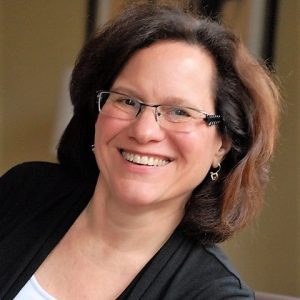
Why did you join the Cambridge Community Foundation board?
When I stepped down from The Philanthropy Connection, I realized I had spare time and I thought long and hard about how I wanted to spend that time. I also thought about the issues that I care most about: education disparity in Cambridge, immigration, and fair housing. Everything I care about, the CCF is working on, plus I know multiple people on the CCF board and I adore all of them. They were literally the people in Cambridge I most admired. This was a slam dunk.
If you could solve one problem in Cambridge what would it be?
Right now, I have to say it is immigration and immigration reform. For the last year, I’ve been obsessed with how this Administration is treating DACA recipients and people coming into this country who are trying to make a living and live without fear. It’s totally distressing to me, which is why I went to McAllen, Texas.
Number 2 is education disparity. If you solve that you solve a lot of problems. Growing up, I had a safety net. The moment I was born my family began saving for college. If a kid’s parents didn’t go to college, and do not have jobs that allow them to save for college, and that kid works hard and gets to the point where he or she says, ‘I’m going to college,’ that’s a major thing. It can be tough to accomplish without financial resources and a safety net. Over the last ten years, I have been involved in encouraging and helping high school students get into and succeed in college, and now that some of the students are older, doing what I can to help them succeed in their careers, and in graduate school. Years ago, I met a young woman as she was going off to college, a first gen student — she just started Harvard’s Graduate School of Education this semester. Words cannot express how proud I am of her – what she’s overcome and how hard she’s worked, and what she’s achieved.
Why do you give back to Cambridge?
Not giving back is not an option. I realized about 30 years ago that my husband and I would earn more money than we would ever need. That got me thinking about what I wanted to do with our money. When I was teaching in Evanston, Illinois, I started educating myself about urban needs and learned about chronic unemployment and differences in schools based on zip code. This opened my eyes to disparity. There was no turning back.
I’ve been a Cambridge resident since 1998 and I think solving the inequality problems here is very doable. There are a finite number of people under the poverty line. Meanwhile, the smartest people in the world are in this city. Given that we have such potential, I think inequality is totally solvable here.
Any final thoughts on Cambridge and why we should care?
As a city, Cambridge’s values are simple—being nice, respecting one another, listening to one another. I think of Cambridge and the Cambridge Community Foundation as a city and an organization that wants to hug everyone. But Cambridge doesn’t always do that. We’re still a segregated city. We still have some schools that are better than others. Cantabrigians have to have their eyes opened. Once they see the issues, they’ll help.

